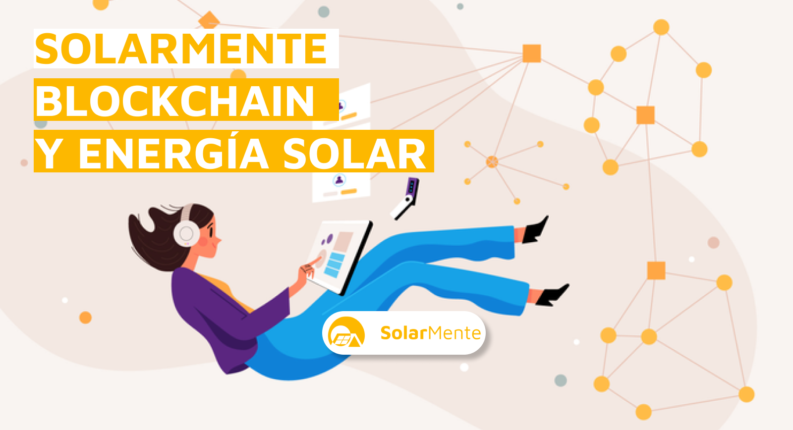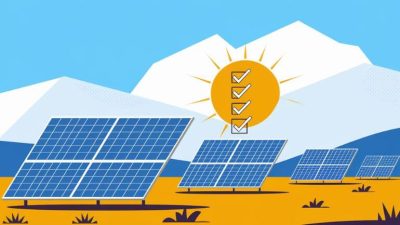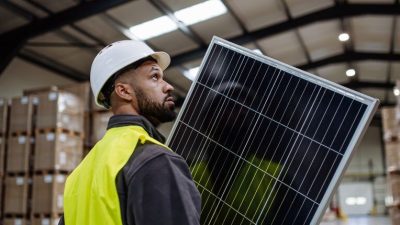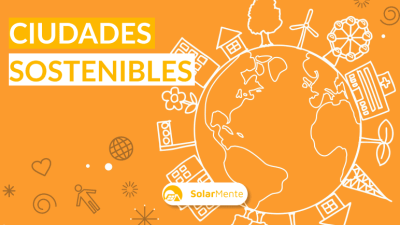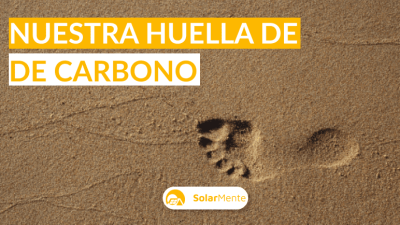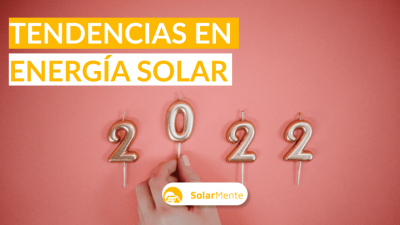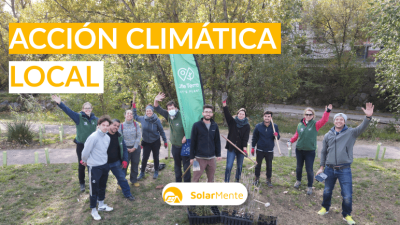This is a reality and the revolution in the electricity market is giving a lot to talk about. Not only are we betting on clean, renewable energy, but technology is offering us new opportunities that we could never have imagined before.
This is what is happening with the blockchain in solar energy. It is one of the big bets in the sector where the intention is to create a decentralised system that avoids the intervention of marketers and there is a direct exchange of energy between neighbours, giving rise to the emergence of energy communities.
In this article, we are going to clarify what the blockchain is, how it works in solar energy and what advantages you can extract from it.
Come on, let’s do it!
What is blockchain?
The blockchain is a kind of registry where all the information that has occurred is stored in chronological order and encrypted. And what is even better, no data or information contained therein can be altered or modified.
These are not all its advantages, here we add a few others that you should know:
- The information cannot be lost anywhere.
- There are no intermediaries involved.
- It is private and we can know its traceability.
- Total transparency and security in each transaction.
As a general rule, we associate blockchain with the world of cryptocurrencies, but the good thing is that its application can be extended to numerous areas where information transactions take place over the internet, whether they are videos, images or files, among others.
What we were getting at. The blockchain in solar energy can revolutionise the energy market, creating efficient processes between producers and consumers with information that is always transparent between users without the option of modifying the data.
How does blockchain work in solar energy?
The application of both technologies aims to create a decentralised network to trade energy between users who own a solar photovoltaic installation.
Let’s be more specific.
The intention is to create a community market in which participants can buy and sell energy from each other securely, usingsmart contracts.
This initiative does not restrict energy trading between solar system owners (prosumers). It also makes it possible to sell to neighbours without PV systems. Thus, consumers who do not have solar panels will be able to benefit from cheaper and, above all, cleaner electricity.
And why decentralised?
The current centralised system causes massive energy losses in electricity transmission due to the long physical distances between generation sites and households.
The centralised pricing mechanism of the large energy companies prevents homeowners from having control over their energy and price developments.
On the other hand, you can say goodbye to surplus compensation where your distributor did not pay you enough for that kWh of clean energy.
And best of all, without the intervention of intermediaries or an organised market, where all the information remains anonymous and encrypted.
Advantages of blockchain in solar energy
- Both companies and families will be able to manage, store and share the electricity generated from solar energy, making rational use and promoting a sustainable energy model.
- It allows the origin of this energy to be traced to its destination thanks to the encryption of the information. The origin and provenance of this electricity will be known at all times.
- Consumers will cease to be mere spectators and will be able to market their energy without being affected by the continuous price rises on their electricity bills and with the powerlessness of not being able to do anything about it.
- It is an opportunity for economic growth, generating new job opportunities.
- It is committed to a sustainable model that brings benefits for the environment, where high emissions of harmful gases into the atmosphere are left aside and the carbon footprint is reduced.

